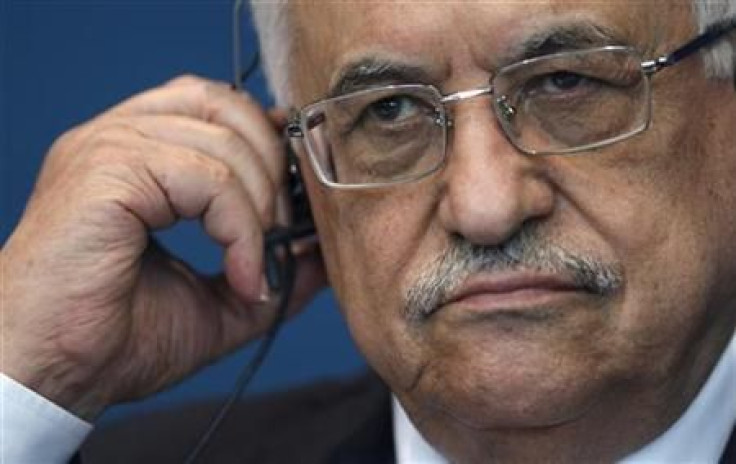Fatah Hamas Reconciliation: Obama Administration In Wait-and-See Mode

An announced unity government between the formerly antagonistic Palestinian factions Hamas and Fatah has drawn a cautious response from the White House, drawing a contrast with a swift condemnation from the Israeli government.
Hamas, which the State Department has designated a terrorist organization, was relegated to governing the Gaza Strip after its victory in 2006 parliamentary elections led to a brief war with Fatah. The two sides began discussing a reconciliation in April of 2011, and on Monday they announced their intention to form a joint government headed by Palestinian Authority president Mahmud Abbas.
Israeli president Benjamin Netanyahu denounced the deal, saying the Fatah-dominated Palestinian Authority could have either peace with Irsael or reconciliation with Hamas.
Hamas and peace do not go hand in hand, Netanyahu said. Hamas is a terror organisation and is aimed at the destruction of Israel.
The Obama administration was more reserved. State Department spokeswoman Victoria Nuland called the compromise an internal matter for Palestinians before reiterating the longstanding position that the United States would only deal with a government that agreed to principles laid out by the so-called diplomatic Quartet of the European Union, Russia, the United Nations and the United States.
Hamas has never agreed to those principles, which include recognizing Israel's right to exist and renouncing the use of violence. Fatah has, allowing it to negotiate with Israel through the Palestinian Liberation Organization and making the Palestinian Authority, which governs parts of the West Bank, eligible to receive million in annual U.S. aid.
Congress is forbidden by law from furnishing Hamas with foreign aid, and lawmakers have warned for months that a Palestinian government including Hamas would lead to a cutoff. The assistance currently flowing to the Palestinian Authority has helped to build up security forces that many see as an essential component of preserving stability in the West Bank.
But there are faint signs that those dynamics could be changing as the Arab Spring upends the old order in the Middle East. Just as the United States has begun to abandon its longstanding aversion to Egypt's Muslim Brotherhood since the moderate Islamist party scored significant gains in parliamentary elections, some believe Hamas' gradual shift from relying on violence could open a space for dialogue.
Hamas is learning that governance is more important than terrorism, an anonymous Irsaeli official told The New York Times.
--
© Copyright IBTimes 2024. All rights reserved.











